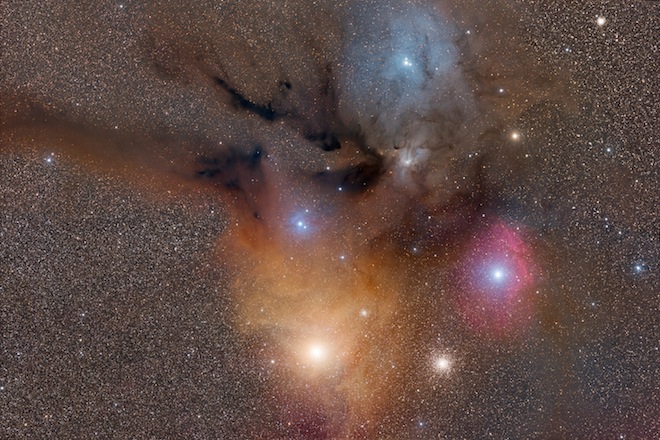“You know, and I can tell you and I have told it so many times, and I will tell it again. Our methodology our analysis, our manner of conceptualizing, inferring, classifying and defining concepts of halakhic matter do not lag behind the most modern philosophical analysis. I happen to know something about modern philosophical analysis. We are far ahead of it, because the tools we employ to analyze a Talmudic discussion are the most modern. The logical tools and the systemological implements which we employ in order to analyze a sugya, or Talmudic subject, for study, whether in Baba Kamma or any portion of Shas, are the most modern. They are very impressive. My grandfather had a great share in this achievement. Anyway, we avail ourselves of the most modern methods of understanding, abstracting, inferring, classifying, defining, and so forth and so on. So there is no doubt that the intellect plays a tremendous role in the study of Torah. However, this study is more than simply an intellectual performance. It is a total, all-encompassing, and all-embracing involvement of the mind and heart, will, and feeling – the very center of the human personality. The emotional side of man, his logical bent, the volunteristic impulses can all be usefully employed in plumbing the depths of Torah.
The study of Torah is basically, for me, an ecstatic experience in which one meets G-d. And again I want to say that what I have told you is not just mysticism or due to my mystical inclinations. It is not so, but the Talmud expresses this very idea. Our sages equate the study of Torah with revelation, the great event and drama of G-d revelation on Mount Sinai. This event is reenacted, restaged, and relived every time a Jew opens the Talmud:”
“And make known to our children and your children’s children”(Deuteronomy 4:9), and it is written immediately afterward, “the day that you stood before the L-rd your G-d at Horeb” (Deuteronomy 4:10). Just as there it was in dread and fear and trembling and quaking, so in this case too, the study of Torah must be in dread and fear and trembling and quaking. ( Berakhot 22a)
תלמוד בבלי מסכת ברכות דף כב עמוד א
דתניא: +דברים ד’+ והודעתם לבניך ולבני בניך, וכתיב בתריה יום אשר עמדת לפני ה’ אלהיך בחורב, מה להלן באימה וביראה וברתת ובזיע אף כאן באימה וביראה וברתת ובזיע
Rav Joseph B. Soloveitchik, ztz’l, as found in
The Rav
by Assaron Rakeffet-Rothkoff, Volume 2, pp. 202-203
